Writing for people who know less: 15 steps to clarity and effectiveness
Being an expert in a particular subject is a privilege, and as marketers, we truly love sharing our knowledge and insights with those who are eager to learn.
However, it's crucial to strike a balance that bridges the gap between our expertise and the level of understanding of our audience. We must avoid overwhelming or patronising them in the process!
To achieve this, we follow a simple framework in our writing that aims to educate both marketers and non-marketers alike. This ensures that our content remains accessible and valuable to all who engage with it.
1) Remembering your struggles
Recall the early days of your journey when you grappled with concepts that now seem second nature. Identifying the hurdles you faced will help you empathise with your readers and approach your writing with a fresh perspective.
2) Starting points matter
Remember where you began when first learning about the subject. Start your writing from that foundational level, ensuring your readers have the necessary groundwork to comprehend the more complex ideas you'll later discuss.
3) Leave jargon at the door
Using complicated jargon and acronyms can alienate readers who are unfamiliar with the subject. Aim to express ideas in everyday language that resonates with a broad audience. If an acronym is essential, spell it out the first time you use it and use it sparingly thereafter.
4) Respect your reader's intelligence:
Recognise that your readers may know less about the topic but are intelligent individuals seeking to learn. Avoid condescending tones and instead adopt a friendly and respectful approach to your writing.
5) Invite feedback regularly
Seeking feedback from your audience can provide invaluable insights into the clarity and effectiveness of your writing. Encourage comments, questions, and suggestions to gauge how well you're conveying your message.
6) Lead with clarity
Put the topic's clarity ahead of showcasing your intellect. Your goal is not to impress with technical language but to facilitate understanding.
7) Step back and explain
Remember that as you become more proficient in a subject, you tend to think of it in terms of how you use it, rather than what it is. To help your readers grasp the concepts, take a step back and provide clear explanations, breaking down complex ideas into digestible pieces.
8) Structure for easy navigation
Present your content in a logical flow, utilising headings, subheadings, and bullet points. This approach enables readers to grasp the main points quickly and navigate through the material with ease.
9) Keep it simple and concise
Craft your sentences to be clear and straightforward. Break up large blocks of text into smaller paragraphs, improving readability and preventing readers from feeling overwhelmed.
10) Explain new ideas briefly
When introducing new ideas or concepts, provide brief explanations or definitions to ensure readers won't feel lost. Avoid assuming prior knowledge.
11) Harness the power of visual aids
Visuals like images, charts, and diagrams can enhance clarity and make complex information more accessible. They provide a valuable supplement to your text.
12) Use analogies and real-life examples:
Create relatability by using analogies and real-life examples to tie unfamiliar concepts to something more familiar to your readers.
13) Focus on the essentials:
Stick to the core points and avoid overwhelming readers with excessive details. Keep your writing concise and impactful. Avoid making assumptions about what your readers already know.
14) Engage with 'You'
Address your readers directly using "you" to establish a personal connection, making them feel included in the learning process.
15) Anticipate and address questions:
Put yourself in your readers' shoes and anticipate potential questions they might have. Address these questions proactively within your writing.
In conclusion, writing for an audience that knows less requires a delicate balance of expertise and empathy. By adopting a clear and accessible approach, respecting your readers' intelligence, and engaging them through relatable examples, you can create content that educates, empowers, and leaves a lasting impact on your audience.
Remember to continually seek feedback, refine your writing, and embrace the joy of sharing knowledge with others. Happy writing!

